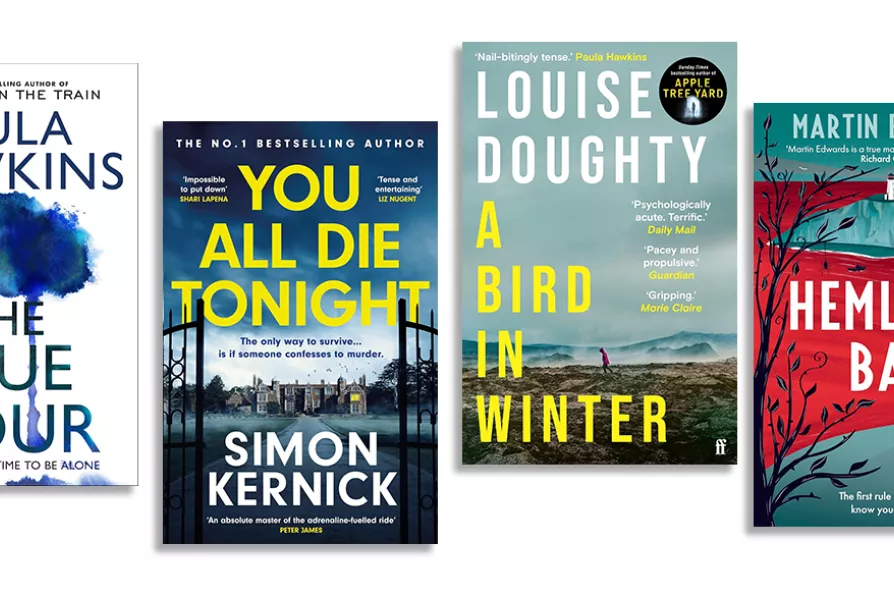CHRIS SEARLE speaks to Filipino-US saxophonist JON IRABAGON about the threat of AI in the time of Musk and Trump, and how an artist can respond


THE BLUE HOUR by Paula Hawkins (Doubleday, £22) is a contemporary gothic novel set on a tidal island which is cut off from the Scottish mainland for much of every day. Its sole dwelling was home to the late Vanessa, a reclusive artist, and her companion, Grace, a prickly, lonely woman, dedicated to Vanessa and now a jealous guardian of her memory. But she’s also, we gradually realise, resentful, ever-sensitive to treachery real or imagined, and full of secrets.
A key feature of this style of story is doom-laden inevitability; you know from the start that no-one’s getting out alive — or, if alive, then certainly not happy. That either appeals or not, depending on taste. But few readers will be unmoved by a plot built around the inequities that have shaped the lives of the characters. Hawkins examines not only rich vs poor, posh vs common and men vs women, but also, far more unusually and daringly, the power imbalance between the beautiful and the ugly.
Simon Kernick’s latest concept thriller is You All Die Tonight (Headline, £20), in which seven people wake up in rural Essex, trapped in a remote mansion. The only thing they have in common is that they were involved, innocently or otherwise, with a notorious unsolved murder four years earlier.

Timeloop murder, trad family MomBomb, Sicilian crime pages and Craven praise

Reasonable radicalism, death in Abu Dhabi, locked-room romance, and sleuthing in the Blitz












